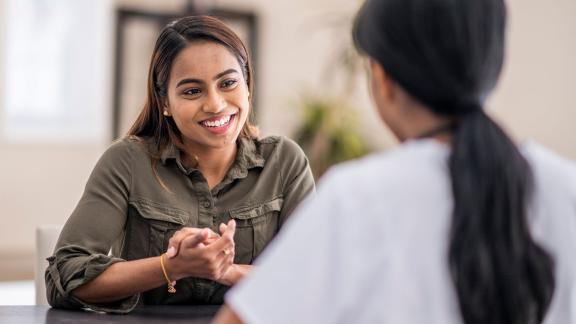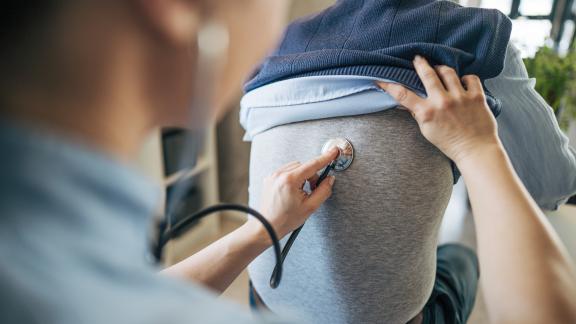Why self-care is a win-win for patients and an over-stretched NHS

With patients open to taking a more active role in managing their health, self-care provides a win-win scenario for patients and an NHS under unprecedented pressure, explains GP Dr Farah Jameel.
As GPs, we often struggle with workload pressures and stress, particularly at this time of year. But there are opportunities we can seize to help us cope. A British Medical Association (BMA) survey last year found that a quarter of GPs in England believe empowering patients to self-care is the most effective way of reducing workload.
Self-care is a ‘win-win’ scenario for patients and GPs. Patients feel empowered, confident and in control of their health, while over-stretched NHS resources are used more responsibly.
It is encouraging to see that patients are open to taking a more active role in managing their own health. The Self-care nation report surveyed 5,011 people and found that while nearly half (46 per cent) of respondents said they use GP and A&E services for minor conditions, the vast majority (92 per cent) agreed that it was important for people to take responsibility for their own health to ease the burden on the NHS.
So how can we promote self-care and change patient behaviour?
GP practices can play a key role in developing strategies for strengthening self-care and putting in place self-care support systems. Changing patient behaviour takes time to embed, so every contact a practice has with its patients should be used as an opportunity to reinforce the message of self-care.
We are all busy, but this is time well spent and an effective way to manage demand in general practice in the long term. The Self Care Forum provides excellent tips on how to develop and implement an effective self-care strategy. On our Quality First web pages, you can also find case studies where practices have found ways to help empower patients and develop their confidence to self-care.
Promoting self-care will be most impactful and the message will reach more people if it is repeated by many voices through different mediums. Self Care Week, which takes place from 13- 19 November 2017, is a great opportunity to raise awareness.
The Self Care Forum has lots of useful resources, including posters, fact sheets, leaflets, and banners you can use immediately. If you have limited time and resources, putting up a poster or using the Self Care Week banner in your newsletter can help spread the message.
However, why stop there when encouraging patients to self-care could happen all year around. You can do so by going out into the community (for example practice staff visiting voluntary groups or schools) to give talks or host events on different topics including looking after minor ailments, living with dementia, being a carer, or looking after the health of babies/young children.
Your patient participation group can help you with designing and delivering these events, as can the wider healthcare profession, so do consider involving the local pharmacists and community nurses too. Remember it’s not a short fix but a consistent message over time.
We would love to hear how you are promoting self-care; you can tweet us @BMA_GP with your top tips and use the hashtags #selfcareweek #selfcareforlife.
Dr Farah Jameel is a GP and sits on the British Medical Association’s GP Committee. Follow her on Twitter @DrFJameel.



